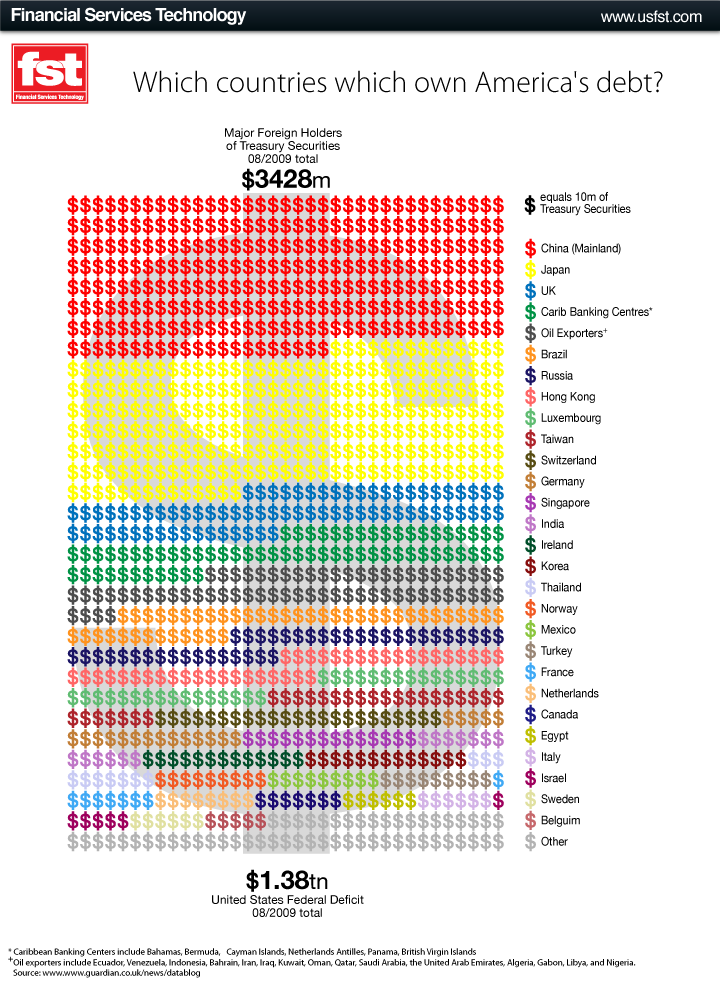In this 20 minute video, novelist Chimamanda Adichie describes, with insight and grace, the problem of the “single story.” She says, “Show a people as one thing, and only one thing, over and over again, and that is what they become.” Focusing on her experience as an “African” in the U.S. (she is from Nigeria), she also describes her own experiences with realizing that she has heard only a single story, whether of rural Nigerians or Mexicans.
Highly recommended (or read the transcript here):
—————————
Lisa Wade is a professor of sociology at Occidental College. You can follow her on Twitter and Facebook.
Lisa Wade, PhD is an Associate Professor at Tulane University. She is the author of American Hookup, a book about college sexual culture; a textbook about gender; and a forthcoming introductory text: Terrible Magnificent Sociology. You can follow her on Twitter and Instagram.



